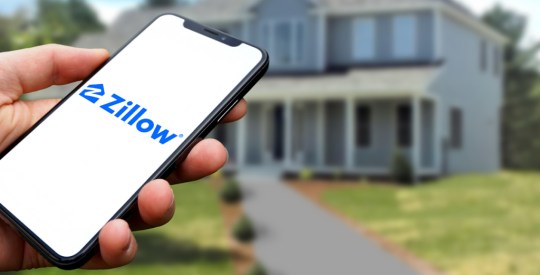Buying and rehabilitating vacant properties with Neighborhood Stabilization Program funds generated a $3.3 million return for Will County, Ill., allowing officials to double their initial projections for the outreach. Since July 2008, the Department of Housing and Urban Development disbursed $6 billion in NSP funding through two rounds of grants. Local and state governments, as well as nonprofits, received the money to rehab previously foreclosed properties that now sit vacant in neighborhoods, dragging down local home prices and spawning new areas of crime. Will County received $5.16 million and began buying up properties in October 2009. The county recruited Dow Realty and Coldwell Banker Residential to acquire and resell them. Low-income families receive a grant if they commit to inhabiting and maintaining the property for 10 years. If their financial situation changes, the county resells the home, and the grant is paid back from the proceeds of the sale. Tim Mack, Will County’s NSP program manager, said the county acquired 54 properties. To date, it has rehabbed and resold 42 homes. The $3.3 million will be reinvested into the program, he said. By July 2013, the county hopes to acquire, rehab and resell more than 100 homes for a return of $8 million. “With those two fundamental goals in mind, we made the strategic decision to forge a ‘buyer-centric’ homeownership program,” Mack said on the program’s blog. “The idea was that we would not purchase a home unless we had an associated buyer ready to purchase post-rehabilitation.” Russ Weglarz, the broker associate for Coldwell Banker in Bolingbrook, Ill., helped identify properties to buy and found the buyers. The properties are listed on the local Multiple Listing Service and must meet a number of criteria set by HUD before the county can make the investment. “The whole goal is to help income-challenged homebuyers get into homes,” Weglarz told HousingWire Tuesday. “We purchase properties in foreclosure, rehab them for the homeowner. They’re thrilled to death. It’s a house they otherwise may not be able to buy. And when they’re ready to move out, we resell them again at a much higher value. It’s a win-win-win for everybody.” Republicans in the House of Representatives, however, voted in March to cut the last $1 billion from NSP through a bill sponsored by Rep. Gary Miller (R-Calif.). His main complaint with the program was that the federal government would see no return on the grants. He even accused some grantees of mishandling the funds and pointed out the program has not prevented any foreclosures. “They do not have to pay it back. (Grantees) can sell those houses to whomever they want to as long as it is less than what they paid for it,” Miller said on the House floor. But Mack claims the opposite. Because of the county’s partnerships with appraisers, housing counselors and other firms, they’ve been able to minimize risk to the county’s investments. “All of these partners have played a great role in our progress,” Mack said. “However, the alliances built with area Realtors has been the most critical driver to our success.” Write to Jon Prior. Follow him on Twitter @JonAPrior.
Illinois county doubles NSP outreach after success rehabbing foreclosures
Most Popular Articles
Latest Articles
Zillow believes the evolution of the industry will only help it grow
“Of the approximately 1.5 million real estate license holders, many handle only one or two transactions a year. These are not our Premier Agent partners,” Zillow’s Rich Barton said.
-
All parties have settled the Sitzer/Burnett suit, so what’s next?
-
Longtime reverse mortgage leader Scott Norman appointed CEO of Texas MBA
-
Rates at 7% attract different types of borrowers, forcing lenders to rethink profit strategies
-
The unchanging
-
Opinion: Will new changes make houses more affordable?



